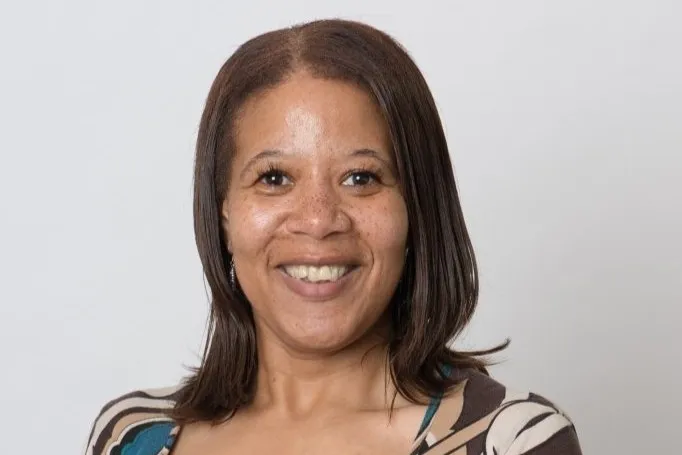A London integrated care board (ICB) has axed its chief nursing officer role from its executive team as part of major cost-cutting reforms, prompting concerns from nurse unions that more boards will “follow suit”.
NHS North East London ICB confirmed this week that the role, currently held by Diane Jones, would not feature in its new executive management structure.
“Worryingly, we are now hearing that other ICBs across England are planning to follow suit”
Patricia Marquis
The move is part of a wider restructure in response to government-mandated reforms requiring ICBs to halve their running costs.
The Royal College of Nursing (RCN) criticised the decision, warning that it had begun to hear reports of other ICBs in England “planning to follow suit”.
The RCN previously warned in May that the cuts ICBs had been asked to make were unsafe and showed a lack of understanding of the value of nursing leadership roles.
RCN executive director for England, Patricia Marquis, said: “The decision to remove the chief nurse post by the North East London ICB shows poor insight into the importance of nursing in ensuring safe patient care.
“Worryingly, we are now hearing that other ICBs across England are planning to follow suit,” she said.
“The RCN is monitoring the situation and will be supporting members to challenge decisions locally.”
She added that it was “vital that nursing continues to have leaders in place to influence decision-making” and warned that failure to do so “risks devaluing the nursing profession and undermining the delivery of the NHS 10-Year Health Plan”.
NHS North East London ICB confirmed to Nursing Times that the chief nursing officer role would not be included in the ICB’s new executive management team structure.
In a message sent to staff, and seen by Nursing Times, the ICB’s outgoing chief executive Zina Etheridge, paid tribute to Ms Jones’ work.
She said: “[Ms Jones] has been a brilliant chief nurse, a vocal and tenacious advocate for embedding equity and inclusion into everything we do, a strong champion of staff voice and a supportive and collaborative colleague.”
A spokesperson from the ICB said: “We are still working through what the new ICB model will mean for our workforce, but we are committed to ensuring there is multi-disciplinary clinical input at a senior level and nursing will play a key part in this.
“Any changes made to our structures will be in line with relevant guidance,” they added.
The move follows a national directive issued by NHS England on 1 April, which instructed ICBs to reduce their administrative costs by 50%.
Detailed implementation guidance was later set out in a Model ICB Blueprint published in July, which encouraged boards to “streamline” and reduce headcount on boards.
As part of the same reforms, England’s chief nursing officer, Duncan Burton, has been asked to review number of “non-patient-facing corporate nursing roles” across both ICBs and NHS providers.
Mr Burton told Nursing Times earlier this year that cuts to nursing roles were not “inevitable” but stressed the need to use “every pound wisely” and explore “other ways of doing this differently”.
NHS England was contacted for comment.

